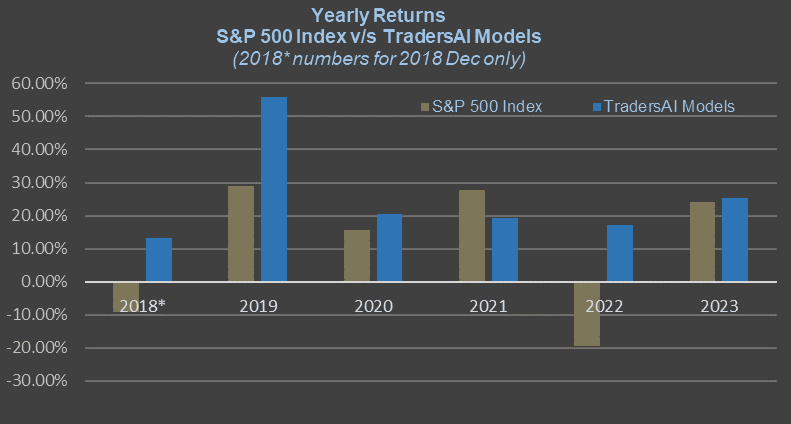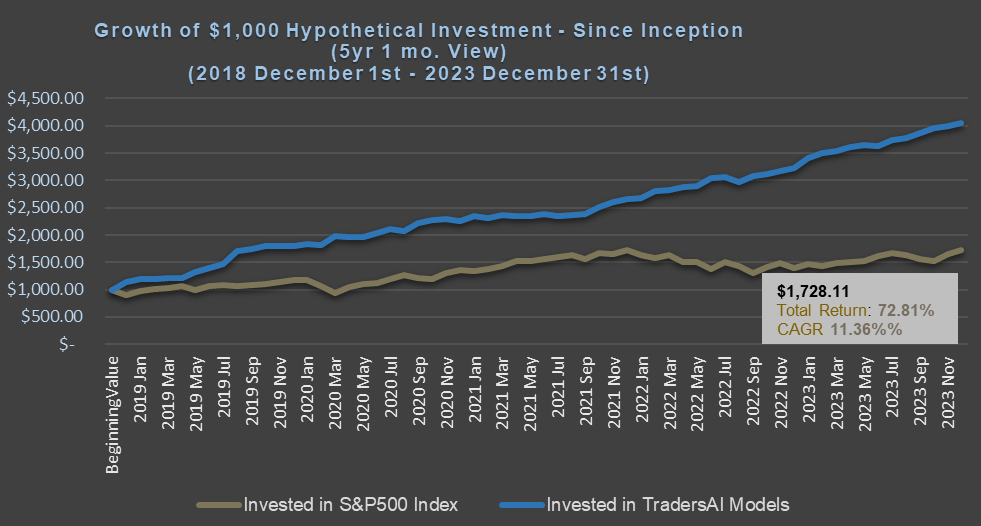Today’s ISM Data to Help The Restless Bull Break Out?
Despite the news headlines including the “new-NAFTA”, Tesla’s settlement with the SEC, new CEO at GE lifting the markets in the overnight futures and into the morning session, the S&P 500 Index could not break out of the range our models indicated on Monday, 10/01! Tuesday, 10/02, proved to be another stagnant day on the markets. Our models reiterate this cautionary bullish stand for Wednesday, 10/03 as well.
The potential major catalyst to push the markets into a directional channel could be coming during the upcoming earnings season, IF not with this week’s ISM Data (Wed, 10/03) or with this Friday’s NFP data. Only a range break out is likely to establish any sustainable move in either direction, and until then it could continue to be a choppy market with range-bound trading, making the bulls grow increasingly restless resulting in whipsaw moves up and down.
Model Biases/Outlook:
Considering that there are no major catalysts on the horizon (as of now) to keep driving the markets up to newer record highs or to push them down beyond the recent range lows, our models indicate a choppy, range-bound trading until the range is broken out of.
Our medium-term models have negated the recent “slightly bullish” bias and are sporting a neutral bias since Thu, 09/27. No bearish bias in sight until all the way below 2887. On the up side, our medium-term models are looking for a daily close above 2933 to turn outright bullish again.
Aggressive, intraday models indicate the risk to the bears of a bullish spike for the day.
A Brief Trace Back of The Current Bias/Outlook
On Friday, 09/07, our models had entered an “indeterminate” state and had negated their previous bullish bias, but had not adapted a bearish bias, yet. After reiterating this indeterminate bias for seven consecutive days, our models adopted a “slightly bullish” bias on Wed 09/19.
For Mon, 09/24, we continued this bullish bias, with a cautious stand about the gap-up on Thu 09/20. On Monday this gap-fill was attempted by reaching within 0.13 points – our models wanted to see it filled fully and published caution to bulls until that is seen. On Wednesday, 09/26, this gap was filled and the market closed down.
Thursday, 09/27, our models had negated the bullish bias and are adopting a neutral bias between 2933 and 2887. We reiterate this bias for today, Wed 10/03, for the fourth day in a row.
Trading Plans for WED, 10/03:
Medium-term/long-term Investors
The medium-term models have closed out the last position (a long) for a 12-point profit last week, opened at 2913 on Wed, 09/19 and have been flat since then (no positions).
The medium-term models indicate trading off of a widened range of 2933 and 2887 – would go long on a daily close above 2933 and go short a daily close below 2887, both sides with a 10-point trailing stop.
Aggressive, Short-term, Intraday, or Professional Traders
Our aggressive, intraday models carried into Tuesday’s regular session a long position entered into on Monday at 2921.50, with a 5-point trailing stop anchored at 2920.24. By 10:30am EST, this stop was hit and the position was closed for a 1.25 point loss.
The trading plan for Tuesday – published before the markets opened – further stated: “the aggressive intraday models indicate carrying the long position until its trailing stop is hit. If hit, the models would then trade off of 2932-2914 range – going long above 2932 and short below 2914, both with a 6-point trailing stop” (click here to read the full forecast and verify this claim)
The index reached a session high of 2931.42 – just 0.58 points away from our model’s indicated level, but failed to cross above that, saving the followes of our models from entering a spurious long position for the day!
For today, the agressive intraday models indicate trading off of the same range of 2932-2914 – the breakout/cross has to happen during the regular session (between 9:30am and 4pm) for this plan to be in effect. If the index crosses above 2932 during this regular session, the models indicate going long with a 6-point trailing stop; if crossing below 2914, going short with a 6-point trailing stop.
Remember that a “trailing stop” works differently from the traditional stop-loss order. Please bear in mind that the trailing stop’s trigger level would keep changing throughout the session (click here to read on the conceptual workings of a trailing-stop).
IMPORTANT RISK DISCLOSURES AND NOTICES – READ CAREFULLY:
(i) This article contains personal opinions of the author and is NOT representative of any organization(s) he may be affiliated with. This article is solely intended for informational and educational purposes only. It is NOT any specific advice or recommendation or solicitation to purchase or sell or cause any transaction in any specific investment instruments at any specific price levels, but it is a generic analysis of the instruments mentioned.
(ii) Do NOT make your financial investment or trading decisions based on this article; anyone doing so shall do so solely at their own risk. The author will NOT be responsible for any losses or loss of potential gains arising from any investments/trades made based on the opinions, forecasts or other information contained in this article.
(iii) Risk Warning: Investing, trading in S&P 500 Index – spot, futures, or options or in any other synthetic form – or its component stocks carries inherent risk of loss. Trading in leveraged instruments such as futures carries much higher risk of significant losses and you may lose more than you invested in them. Carefully consider your individual financial situation and investment objectives before investing in any financial instruments. If you are not a professional trader, consult a professional investment advisor before making your investment decisions.
(iv) Past performance: This article may contain references to past performance of hypothetical trades or past forecasts, which should NOT be taken as any representation or promise or guarantee of potential future profits. Past performance is not indicative of future performance.
(v) The author makes no representations whatsoever and assumes no responsibility as to the suitability, accuracy, completeness or validity of the information or the forecasts provided.
(vi) All opinions expressed herein are subject to change at
any time, without any notice to anyone.





